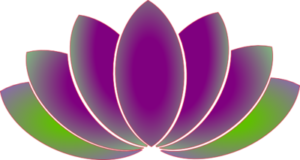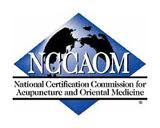Relieve allergies the natural way with acupuncture
What are allergies?
Allergies are a response by the immune system wherein physiological changes resulting in itchy eyes & throat, sinus congestion and sneezing, asthma and even diarrhea are presented.
Allergy types:
- Food allergies
- Seasonal allergies
- Pet allergies
Our clinic acupuncturist looks for deeply-rooted signs in each person, treating the whole person. According to Traditional Chinese Medicine, chronic allergies show signs of digestion deficiency as well as lung deficiencies.
The goal of treatment includes a treatment plan which relieves the acute symptoms while addressing the root of the underlying immune system imbalance.
Treatments include: acupuncture, herbal formulas, and dietary modification.






